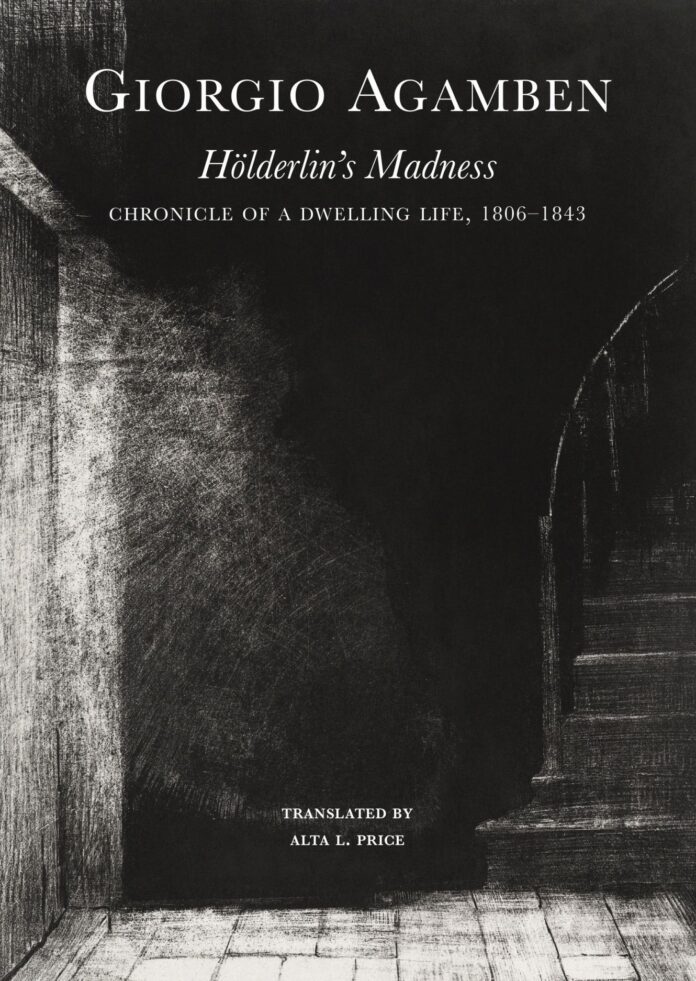Hölderlin’s Madness. Chronicle of a Dwelling Life. 1806-1843.
HOLDERLIN / Giorgio Agamben makes a loose juxtaposition between Goethe and Hölderlin, between madness and reason. Did the latter allow himself to be pushed psychologically to the limit?
(THIS ARTICLE IS MACHINE TRANSLATED by Google from Norwegian)
This article is only available proofread by us
in English at Modern Times Review – just click.


